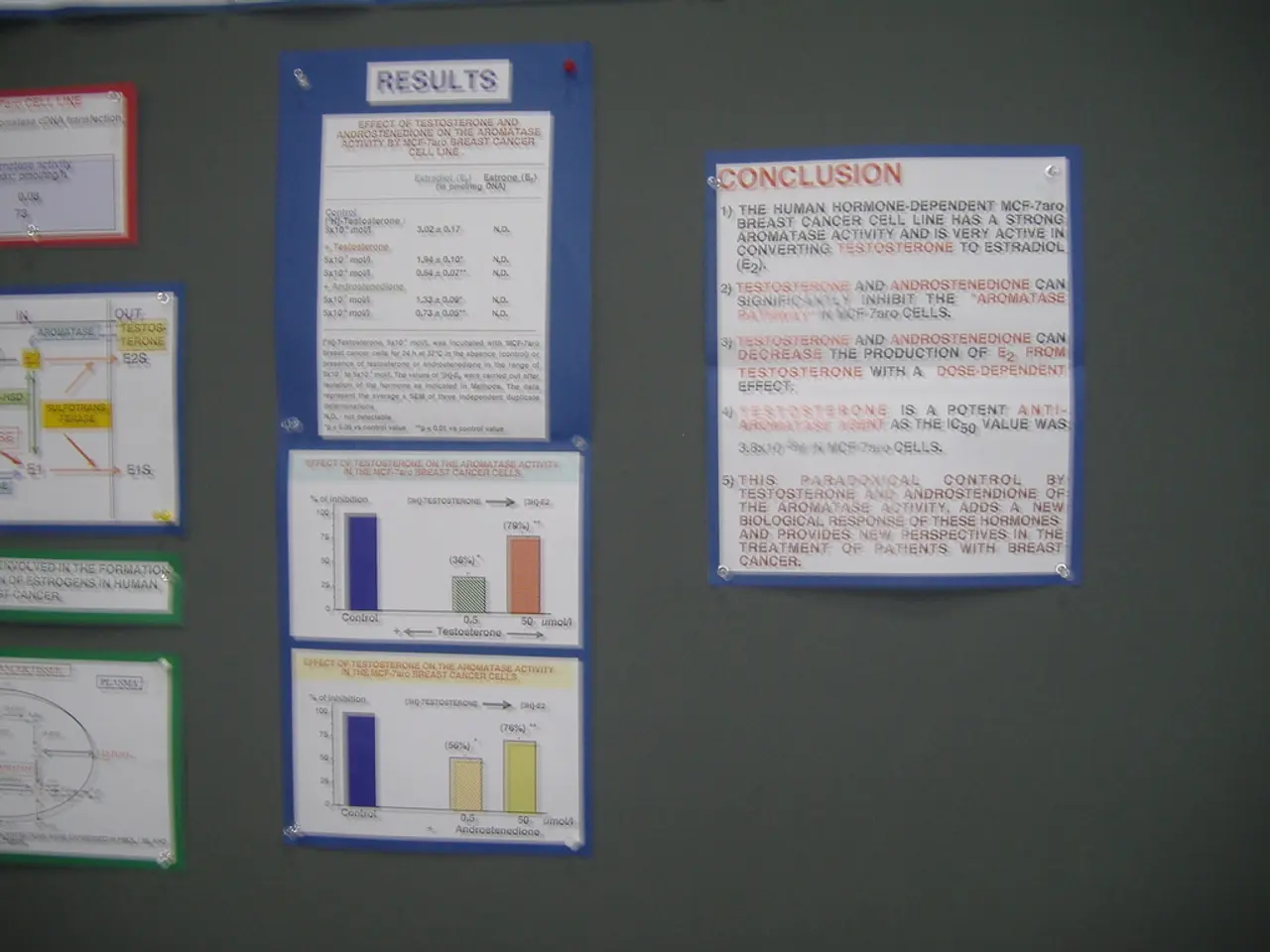G7 reaches consensus on excluding American multinationals from worldwide corporate tax standard
In a significant development in international tax cooperation, the Group of Seven (G7) nations, along with the Organisation for Economic Co-operation and Development (OECD), have agreed to exempt US multinational companies from a global minimum tax imposed by other countries. This decision, which was reached after intense negotiations, will see US companies remaining exempt from the OECD Pillar 2 global minimum tax provisions.
The agreement, confirmed by France's Ministry of Finance and the OECD, is based on a "side-by-side" system that allows US companies to be taxed only domestically on both foreign and local profits, instead of facing additional top-up taxes abroad. This system offers a specific exemption from the OECD's Income Inclusion Rule (IIR) and Undertaxed Profits Rule (UTPR), which are pillars of the global minimum tax regime.
The breakthrough came after the US removed a controversial retaliatory "revenge tax" clause (Section 899) that had threatened foreign companies, smoothing the path to this agreement. The removal of Section 899 is intended to alleviate concerns that it would inhibit foreign companies from investing in the US.
The deal provides a "side-by-side" solution for US companies, reflecting concessions made by the G7 nations. British multinational firms also secured similar exemptions under this new system. The agreement, however, does not specify the exact tax rate for US companies under the domestic policy bill.
U.S. Treasury Secretary Scott Bessent signaled on June 26 that a "joint understanding among G7 countries that defends American interests" was in the works. This understanding was confirmed on June 28, 2022. It is important to note that the joint understanding among G7 countries is not directly related to the agreement reached on the same day to exempt US multinational companies from a global minimum tax.
The OECD Secretary-General welcomed the G7's statement as a significant milestone in international tax cooperation but stressed the importance of continuing dialogue with the broader OECD Inclusive Framework to ensure fair, stable, and effective international tax arrangements. The specifics of the joint understanding among G7 countries, including its implications for US companies, have not been fully disclosed.
This decision follows the 2021 agreement among nearly 140 countries to tax multinational companies, an agreement negotiated under the auspices of the OECD. The global minimum tax regime approved in 2021 and implemented by many countries from 2024 will not impose the 15% minimum tax on US multinationals due to the G7's newly agreed "side-by-side" system, which respects US domestic tax rules while exempting US companies from Pillar 2 top-up taxes abroad.
This agreement is a win for President Donald Trump's government, which pushed hard for the compromise. The discussions among the G7 nations regarding the joint understanding are ongoing. It is a significant milestone in international tax cooperation and reflects the ongoing efforts to create a fair and effective global tax system.
[1] "G7 and OECD agree to exempt U.S. multinationals from global minimum tax," Reuters, June 28, 2022. [2] "U.S. wins carve-out from global minimum tax in G7 agreement," Politico, June 28, 2022. [3] "OECD welcomes G7 statement on international tax cooperation," OECD, June 28, 2022. [4] "British multinationals secure similar exemptions," Financial Times, June 28, 2022.
The agreement made between the G7 nations and the OECD to exempt US multinationals from a global minimum tax has significant ramifications for international business and finance. This deal, confirmed by France's Ministry of Finance and the OECD, ensures US companies will be taxed only domestically on both foreign and local profits, alleviating concerns in the general-news sector about potential foreign investments in the US being inhibited. The specifics of the joint understanding among G7 countries, including its implications for US companies, are yet to be fully disclosed, which fuels ongoing discussions in politics regarding this matter.






